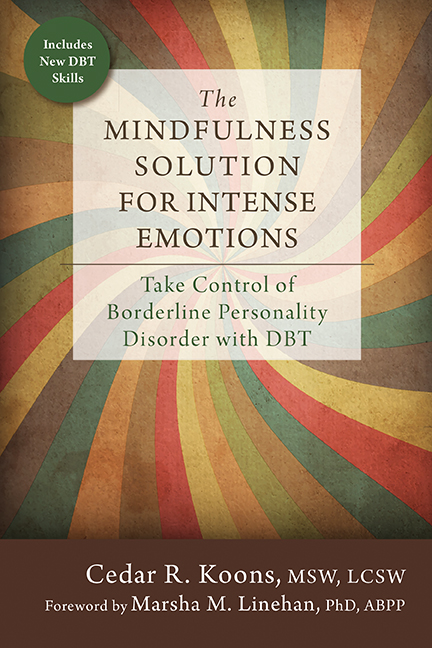By Cedar R. Koons, MSW, LCSW
Your session is almost complete and you and your client are ready to say goodbye. You are both walking to the door and suddenly your client says, “By the way…” and tells you something worrisome. It could be anything from “I’ve decided to go off my medication” to “I just met this woman and we’re getting married!” Why didn’t your client tell you this at the beginning of the session?
If you are like most of us, you have only a few minutes to visit the bathroom and get a drink of water before starting your next session. You don’t really have time to sit back down and talk about the bombshell that just landed at your feet. So what do you do?
Clients often deliver important information with their hand on the doorknob because they are feeling a bit sheepish themselves about their news. They would like to avoid your reaction, so they leave you no effective way to comment. My favorite response to a doorknob comment is to say, “It is interesting you are only telling me this now, at the end of the session. Would you be willing to wait until we have a chance to talk this over more before you act on it? Can it wait a week?” If they say yes, great, you’ve made progress. If they say no, you can follow up with, “Well, it seems like you might not really want my input on this decision. Still, I’d like you to think about whether acting without discussing it with me first is really what you want to do.” Then let it go for now. But make sure you bring it up in the next session—not just the topic itself, but why it became a doorknob comment. Such an inquiry could strengthen the therapeutic relationship.
I recommend using agenda setting strategies at the beginning of each session, to minimize doorknob comments. As you review your shared targets, be sure to ask, “is there anything new we should talk about today?” And, of course, when dealing with clients in suicide crisis, be sure to actively assess and manage suicide risk from the beginning of the session so you don’t have a crisis descend on you at the last moment from that kind of doorknob comment.
 Cedar R. Koons, MSW, LCSW, has practiced mindfulness for over forty years. She’s assisted at numerous retreats with Marsha Linehan, Roshi. As a therapist, dialectical behavior therapy (DBT) team leader, researcher, trainer, and consultant, Koons has taught the skills she describes in this book to people struggling to find relief from intense emotions. Koons is the author of The Mindfulness Solution for Intense Emotions. She resides in Dixon, NM.
Cedar R. Koons, MSW, LCSW, has practiced mindfulness for over forty years. She’s assisted at numerous retreats with Marsha Linehan, Roshi. As a therapist, dialectical behavior therapy (DBT) team leader, researcher, trainer, and consultant, Koons has taught the skills she describes in this book to people struggling to find relief from intense emotions. Koons is the author of The Mindfulness Solution for Intense Emotions. She resides in Dixon, NM.


 2024 Peace Playbook: 3 Tactics to Avoid Clashes with Your Partner
2024 Peace Playbook: 3 Tactics to Avoid Clashes with Your Partner